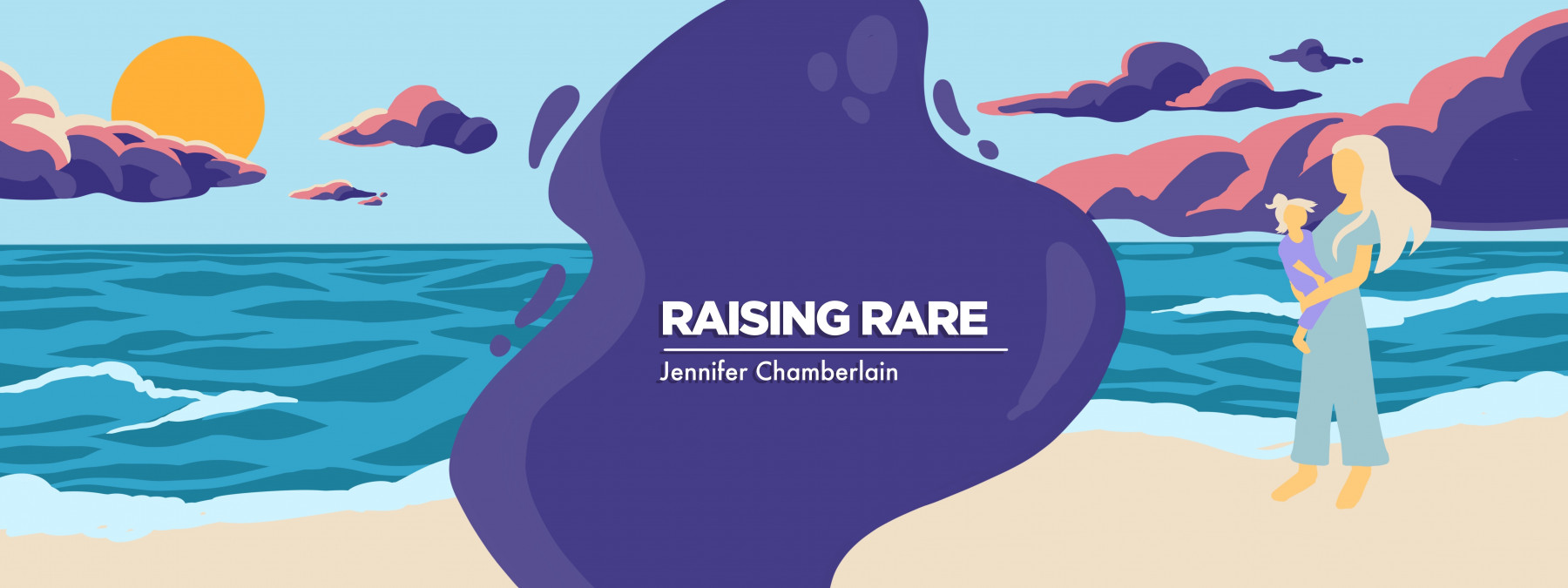California wildfires reminded me that being prepared is crucial
Having an emergency kit in advance is one of several helpful steps
Written by |

“Mommy, what was that?” The wind whistled against our house, reaching 50 mph. We’d already lost power once in a precautionary outage. Meanwhile, communities less than an hour from our home were burning to the ground.
While we weren’t in imminent danger, I was worried. As a native of Southern California, I know that all it takes is one downed utility pole or a loose spark in those types of winds to set an area ablaze.
I frantically packed a bag and did a mental inventory of what I would grab if we had to flee. Our daughter’s chest percussion therapy vest machine — used to treat her cystic fibrosis (CF) symptoms — would be at the top of the list, along with her medications. Perhaps I was being overly cautious, but it made me feel better to be somewhat prepared. It reminded me just how vulnerable my daughter would be if we faced a natural disaster.
Stories in the media abound of people losing everything in the recent California wildfires. Some had only minutes to grab their essentials and most prized possessions. These stories reminded me that being prepared is critical, especially for people with special healthcare needs.
Plan for the unplanned
In times of emergency, it’s important to remember the six “Ps” of evacuation: people and pets, papers, prescriptions, pictures, personal computers, and “plastic” such as credit cards, insurance cards, and identification.
For those with special healthcare needs, prescriptions and medical equipment are likely at the top of the list. Many people with CF require a litany of daily medications, as well as nebulizers and vest machines for daily airway clearance.
Packing an emergency kit with up-to-date medications is a must for people with CF. In an emergency, access to pharmacies and mail delivery may be limited. The U.S. Centers for Disease Control and Prevention recommends consulting with your doctor (or your child’s doctor) to determine the amount of medication to have in your emergency kit.
Don’t forget about it once it’s packed. When my daughter was younger, I was more vigilant about maintaining an earthquake kit with enzyme products that are used to treat CF. I even kept a travel nebulizer in it. Fast forward to 2025, and I’ve dropped the ball on that. When I recently checked the kit, the enzyme products were expired. It makes sense to revisit your emergency plan and replenish your emergency kit every six months to a year.
Another great idea is to keep a current copy of your child’s care plan with your kit. There’s a chance you might be separated from your child during an emergency. My daughter isn’t yet old enough to articulate her entire routine, so I’m printing her care guide to keep with our emergency kit.
What would you grab?
The first thing I’d grab in such a scenario would be this emergency kit. The second thing I’d pack is the vest system. We recently got the new Vest Advanced Pulmonary Experience system, which comes with a great travel bag. In an abundance of caution, I grabbed the bag from her closet and set it out for a few days. With the bag nearby, I’d be able to pack the vest system in under five minutes. While I can’t keep it ready to go all the time, I’m grateful it packs quickly and easily. We also own a travel nebulizer with a car adapter.
I know other families have more complex medical systems that would need more work and planning to transport in an emergency. If that’s your situation, you can check in with local emergency medical services teams to learn what options are available.
None of us are immune to being at the mercy of a natural disaster. It’s daunting as a caregiver to think ahead even more than normal. But the recent wildfires in our state taught me that being prepared is the only way we can ensure that our loved ones with healthcare needs stay healthy and cared for in times of chaos.
Note: Cystic Fibrosis News Today is strictly a news and information website about the disease. It does not provide medical advice, diagnosis, or treatment. This content is not intended to be a substitute for professional medical advice, diagnosis, or treatment. Always seek the advice of your physician or other qualified health provider with any questions you may have regarding a medical condition. Never disregard professional medical advice or delay in seeking it because of something you have read on this website. The opinions expressed in this column are not those of Cystic Fibrosis News Today or its parent company, Bionews, and are intended to spark discussion about issues pertaining to cystic fibrosis.







Leave a comment
Fill in the required fields to post. Your email address will not be published.